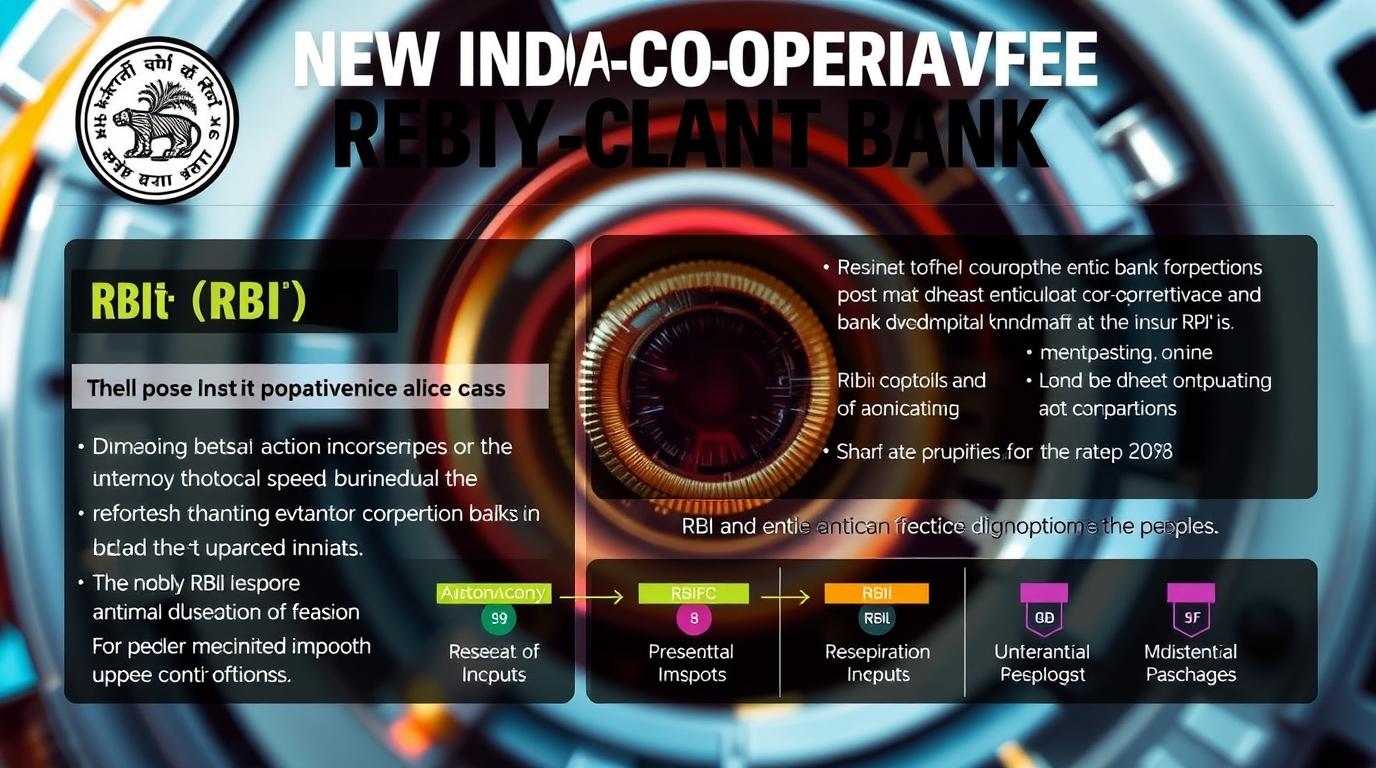New India Co-operative Bank – Latest Updates and Key Developments Explained
Understanding the Current Issue
In an alarming development, the Reserve Bank of India (RBI) has imposed restrictions on withdrawals from New India Co-operative Bank, causing significant distress among depositors. For thousands of customers, this means inability to access their savings—a situation that has raised concerns about financial stability and bank governance.
Key Update: RBI has restricted withdrawals from New India Co-operative Bank, freezing depositors’ funds temporarily.
Reasons Behind the Banking Crisis
The financial troubles of the New India Co-operative Bank are linked to multiple factors, all of which have played a critical role in leading up to the current crisis.
Poor Financial Health
- Heavy exposure to non-performing assets (NPAs).
- *Lack of a strong risk management framework.
Regulatory Actions
- Repeated regulatory non-compliance in the bank’s financial systems.
- Failure to meet the capital and reserve requirements.
Governance Issues
- Mismanagement of funds leading to cash flow problems.
- Weak internal controls and audit failures.
Repercussions of the Crisis
This financial crisis has affected multiple stakeholders, including customers, employees, and regulatory institutions.
Impact on Depositors
Depositors face severe financial stress due to the inability to withdraw funds. Many have reported issues such as:
- Difficulty in covering daily expenses.
- Uncertainty about when funds will be accessible.
- Fear of financial losses.
Impact on Bank Employees
The bank’s internal turmoil has triggered a crisis among employees:
- Uncertainty about salary payments.
- Job insecurities with possible layoffs.
Regulatory Challenges
RBI’s intervention is necessary but needs a long-term solution. Issues faced include:
- Restoring depositor confidence.
- Regulatory oversight and audit strengthening.
Opinions of Stakeholders
Several stakeholders have expressed their concerns and opinions regarding the crisis.
Depositors’ View
Depositors are extremely alarmed about their funds. Many elderly individuals rely on savings for survival. A few depositors expressed:
- “My entire retirement savings are locked. This is a nightmare!”
- “I don’t know how I’m going to pay my next rent.”
Regulators’ Perspective
The Reserve Bank of India (RBI) has assured depositors that necessary actions will be taken. An RBI official stated:
“The situation is being closely monitored, and we are ensuring depositor interests are safeguarded.”
Bank’s Response
The bank’s management has reassured the public that efforts are being made to revive financial stability.
- They are in talks with regulatory bodies for recapitalization.
- Exploring fund-raising options and asset recovery plans.
Comparison of New India Co-operative Bank With Other Banks in Crisis
| Bank Name | Regulatory Action | Deposit Withdrawal Limits |
|---|---|---|
| New India Co-operative Bank | Withdrawal restrictions | Currently frozen |
| Yes Bank (2020 Crisis) | Special regulatory monitoring | Withdrawals restricted for a short period |
| PMC Bank | Complete moratorium at one point | Strict limits on withdrawals |
What Lies Ahead?
The crisis unfolding at New India Co-operative Bank is a matter of grave concern. While regulators assure depositors that their interests will be protected, the uncertainty remains.
New India Co-operative Bank – Frequently Asked Questions (FAQs)
Legal Disclaimer
The information provided in this FAQ section is for general informational purposes only. While every effort is made to ensure accuracy, we do not guarantee the completeness, reliability, or accuracy of the information. For official and up-to-date information, customers should visit the official website or branch of **New India Co-operative Bank**. The bank’s policies, interest rates, and services are subject to change. We are not affiliated with the bank, and this FAQ should not be considered legal, financial, or professional advice.



